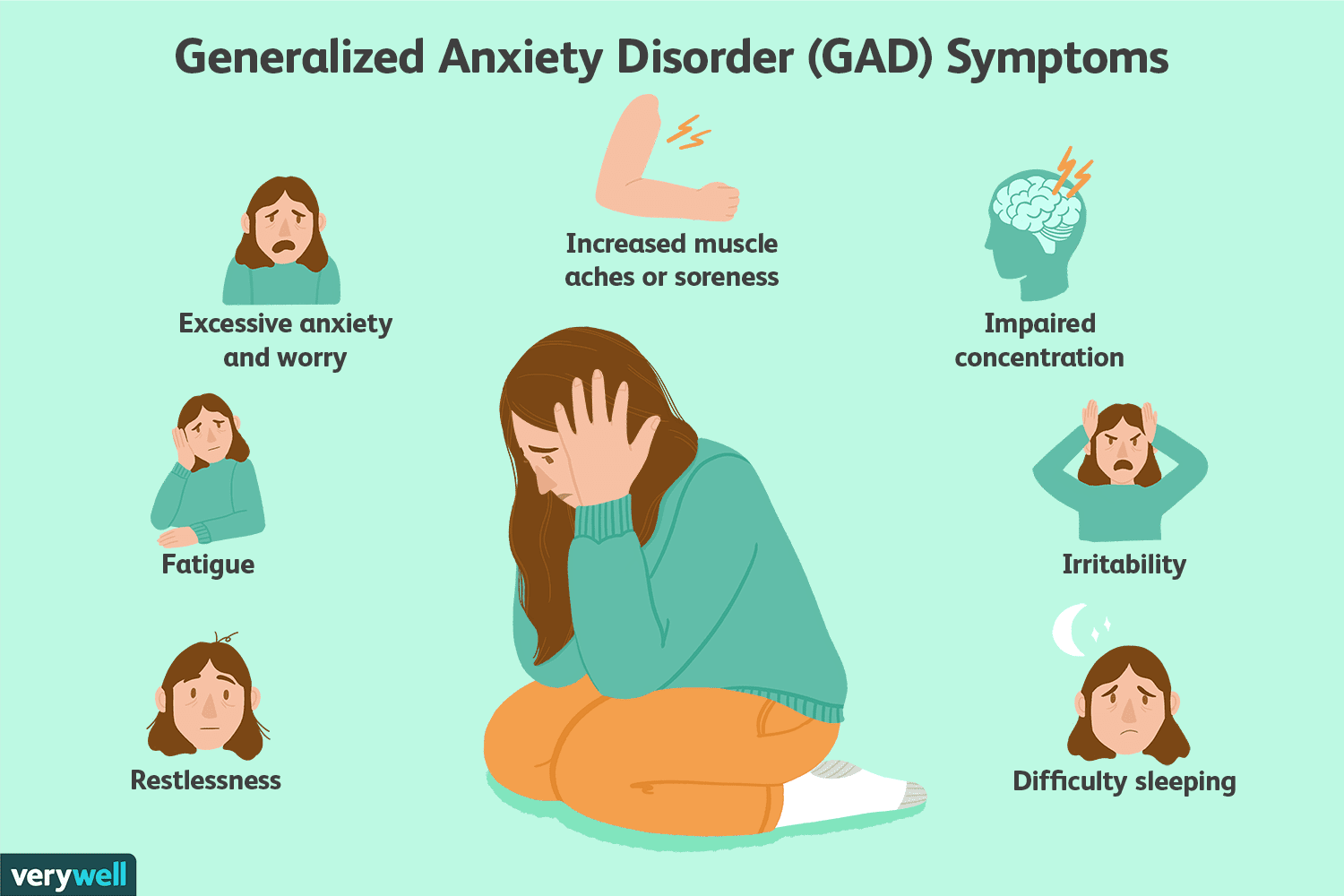In today’s fast-paced world, stress and anxiety have become prevalent concerns affecting millions worldwide. Recognizing the symptoms is crucial for early intervention and effective management. Let’s delve into the intricate manifestations of stress and anxiety, along with actionable coping strategies.
Symptoms of Stress
- Physical Symptoms
Persistent headaches, muscle tension, rapid heartbeat, and fatigue are common physical manifestations of stress.
Emotional Signs
Feelings of irritability, agitation, and mood swings often accompany stress. Individuals may also experience a sense of overwhelm or a constant feeling of being on edge.
Behavioral Changes
Increased or decreased appetite, changes in sleep patterns, and avoidance of social situations are indicative of stress.
Cognitive Effects
Difficulty concentrating, racing thoughts, and memory problems are cognitive symptoms associated with stress.
Symptoms of Anxiety
- Excessive Worry Chronic worrying about various aspects of life, including work, relationships, and health, is a hallmark symptom of anxiety disorders.
- Physical Discomfort Anxiety often manifests through physical discomfort such as trembling, sweating, dizziness, and shortness of breath.
- Panic Attacks: Sudden episodes of intense fear or panic, accompanied by symptoms like chest pain, palpitations, and a feeling of impending doom, characterize panic attacks.
- Avoidance BehaviorIndividuals with anxiety may avoid situations or places that trigger their symptoms, leading to social isolation or functional impairment.
- Sleep Disturbances: Difficulty falling asleep, staying asleep, or experiencing restless sleep are common sleep disturbances associated with anxiety.
Coping Strategies
- Mindfulness and Relaxation Techniques: Practices such as deep breathing, meditation, and progressive muscle relaxation can help alleviate stress and anxiety symptoms by promoting relaxation.
- Regular Exercise: Engaging in physical activity releases endorphins, which are natural stress relievers. Aim for at least 30 minutes of moderate exercise most days of the week.
- Healthy Lifestyle Choices Prioritize balanced nutrition, adequate sleep, and limit caffeine and alcohol intake, as these factors can exacerbate stress and anxiety.
- Seeking Support: Reach out to trusted friends, family members, or mental health professionals for support and guidance. Support groups and therapy can provide valuable coping mechanisms and emotional support.
- Setting Boundaries Learn to say no to excessive demands and prioritize self-care. Setting boundaries helps manage stress levels and prevents burnout.
- Mindful Media Consumption Limit exposure to news and social media, as excessive consumption can contribute to feelings of anxiety and overwhelm. Choose reliable sources and allocate specific times for media consumption.
- Professional Help If stress and anxiety significantly impact daily functioning, consider seeking professional help from a therapist or psychiatrist. They can offer personalized treatment plans, including therapy, medication, or a combination of both.
In conclusion, recognizing the symptoms of stress and anxiety is the first step towards effective management. By implementing healthy coping strategies and seeking support when needed, individuals can regain control over their mental well-being and lead fulfilling lives. Remember, you’re not alone, and help is available.





